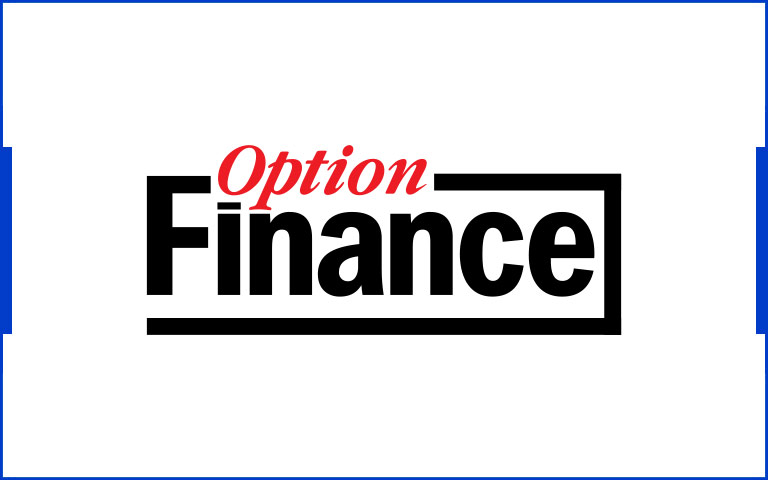Tax constraints: do not throw any more!
Quotes from Vincent Renoux
Excerpts from the article ofIvan Best, Finance Option Monday, April 3, 2023
No less than four European directives concerning taxation have entered into force recently or soon will be. All will result in new tax constraints for businesses. Among them, the global minimum tax, or pillar 2 of the tax reform designed by the OECD, particularly focuses the attention of managers of multinational groups, who are asking for simplifications.
Atad 3, Befit, Dac 6, GloBE (pillar 2 of the OECD reform): these four acronyms correspond to four recent European directives modifying the tax environment for companies. If Dac 6, which concerns the framework of tax advantages possibly derived from international operations, has already entered into force, the three others will do so in the near future. Atad 3 aims to limit the use of shell companies, while Befit is the resurgence of an old European project to harmonize the taxable base of corporation tax. The GloBE rules, finally, draw a new minimum worldwide tax of 15%. All these texts have their justification, in the eyes of Europe, and they will not necessarily mean additional tax. But they will all result in more complex taxation.
Complex tax calculation with GloBE rules
The complexity is already there with the method of calculation of the minimum tax to be paid in each country, provided by the OECD.
In order to spare a period of adaptation to companies, the OECD has however provided for a simplified regime, until 2027. To be able to claim benefit from this favorable transitional regime, who are " three tests are planned, notes Vincent Renoux, associate lawyer at Ginestié Magellan Paley-Vincent. Either the turnover of the subsidiaries established in a State is less than 10 million euros, and the result less than one million (de minimis test), or the pre-tax result represents less than 10% of personnel costs and 8 % of the net book value of tangible assets (substantive taxes), i.e. the effective tax rate reaches 15% in 2024, 16% in 2025 and 17% in 2026. It is enough to pass one of these tests to be entitled to the safeguard clause ».
Low tax revenues, according to companies
If large companies welcome the simplified system very favorably announced by the OECD, they regret that it is transitory. Especially since they underline the weakness, in their eyes, of the tax revenues to be expected from the establishment of this pillar 2. “ The government wanted a reform bringing in considerable revenue because it aimed in particular at the digital giants, while the burden will mainly be borne by French groups and that these revenues will in reality be very limited, in return for a heavier compliance burden for companies “says Vincent Renoux.

Vincent Renoux
Partner
Vincent Renoux is a member of the IACF (Institute of Tax lawyers - Institut des Avocats Conseils Fiscaux) and of the IFA (International Fiscal Association).
He is part of the TPA network in France (Transfer Pricing Associates).





